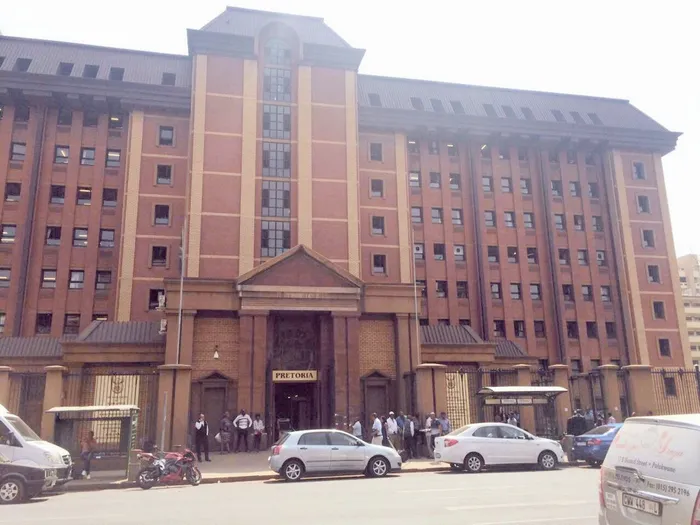Education Department’s going to court over suspending infrastructure projects

The imposing North Gauteng High Court building in Pretoria.Image: File
Public interest law centre Section27, representing four Limpopo schools, is taking education authorities to court for suspending infrastructure projects at Limpopo schools during Covid-19.
The organisation has filed papers with the North Gauteng High Court to declare the Department of Basic Education (DBE) and the Limpopo Department of Education’s decision to suspend infrastructure projects during Covid-19 unlawful and unconstitutional.

Section 27 represents four Limpopo schools, including Ndzalama Primary School, Dingamanzi Primary School, Chameti Secondary School, and Bvuma Primary School.
Ndzalama Primary School’s roof was damaged in a storm in 2012 and another storm in 2018 completely ripped off the roof of two classroom blocks entirely.
“Ndzalama Primary School has struggled, and has existed with dangerous school infrastructure since at least 2012. It has suffered damage from at least two serious storms which have damaged already tenuous roofing and damaged furniture and other equipment which would have been protected if reliable roofs had been in place,” said a member of the school governing body (SGB) Gezani Mashaba in the founding affidavit.
The school community of Dingamanzi Primary School has allegedly been trying to engage with the Limpopo department since 2001 about classrooms that are dilapidated and unsafe.
“These classrooms are in a bad condition with visible cracks in the walls and a structurally unsound ceiling. The roof is also in state causing water damage to the ceiling,” the affidavit said.
Some classrooms at Chameti Secondary School were made from mud bricks in 1988, which are cracked, crumbling, and dangerous.
“The school infrastructure at Chameti Secondary School is dilapidated and unsafe. The floors of the mud-brick classrooms are badly cracked and crumbling and holes/craters cause the desks and chairs to be unstable and create tripping hazards,” the founding affidavit said.
Meanwhile, similar conditions exist at Bvuma Primary School, where mud brick classrooms get so hot that learners cannot concentrate and learners are squeezed into newer classrooms, causing overcrowding.
“There are far too few classrooms at the school and classes are severely overcrowded. The mud-brick classrooms do not have ceilings, which become very problematic in rainy or windy conditions as the rain and wind cause the zinc roofs to make a deafening noise, making it extremely difficult to teach. Sometimes classes have been suspended or cancelled as a result of the noise,” the affidavit said.
Section 7 said each of these schools were promised infrastructure repairs to improve the learning and teaching environment, and in many cases money was allocated but conditions at the schools have allegedly not improved, and projects that were supposed to be completed remain in limbo.
“We are asking the court to order the DBE and Limpopo department to develop a plan for the building, repair and renovation of the schools we represent, and to implement these plans within specific time frames,” the organisation said.
Section 27 also requested systemic relief, and are asking that the LDoE deliver a list of all other school infrastructure projects that were suspended during 2020, along with a plan to complete these projects.
The government has indicated they will be opposing the matter in court.
@Chulu_M
